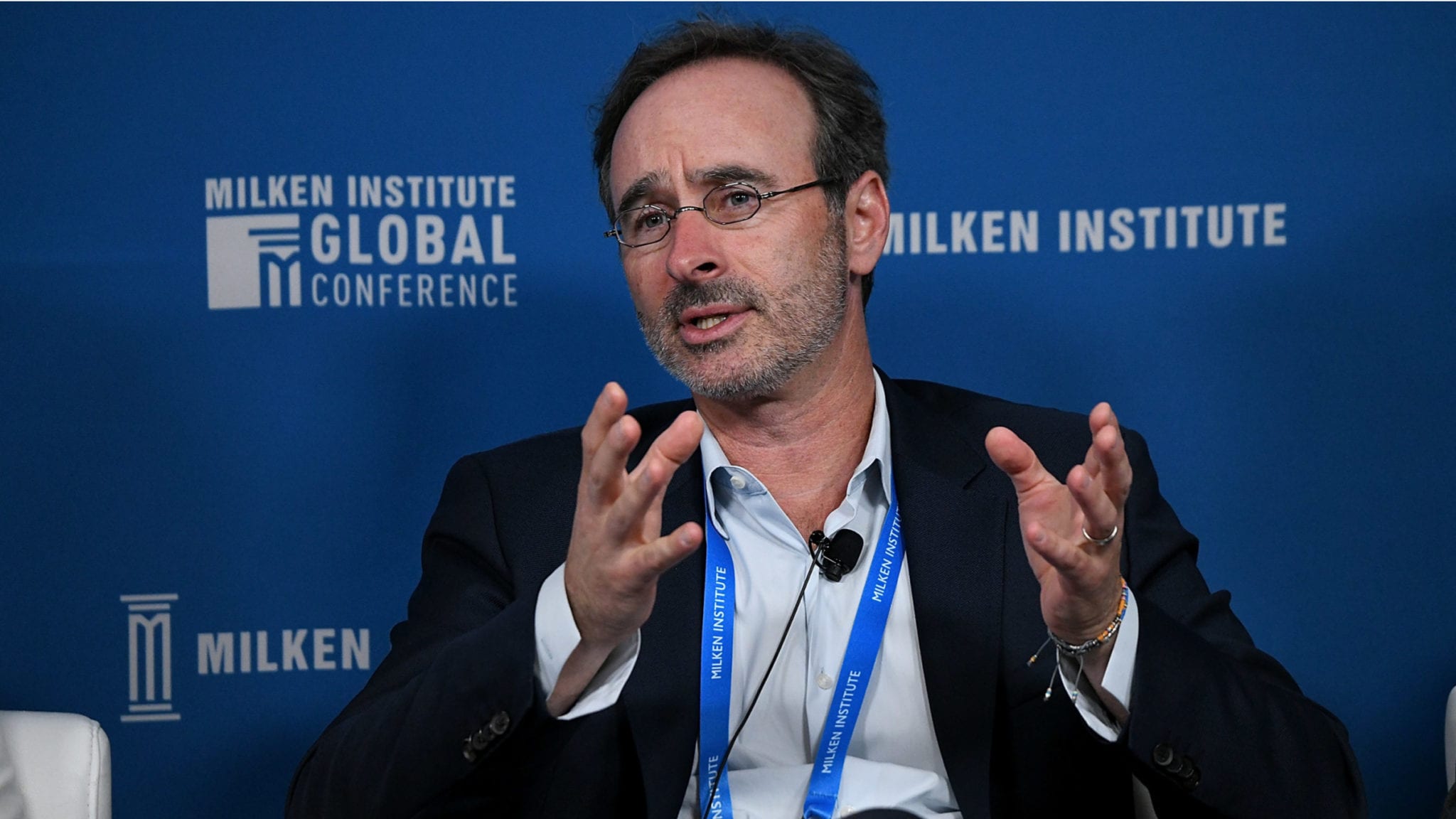
Eric Lefkofsky, Tempus founder and CEO (Photo by Michael Kovac/Getty Images)
Tempus founders build a drug discovery startup, Pathos AI, with $40M in sight
Executives behind AI and precision medicine startup Tempus are putting together another AI outfit in Chicago focused on oncology drug discovery and development.
Pathos AI …
Sign up to read this article for free.
Get free access to a limited number of articles, plus choose newsletters to get straight to your inbox.